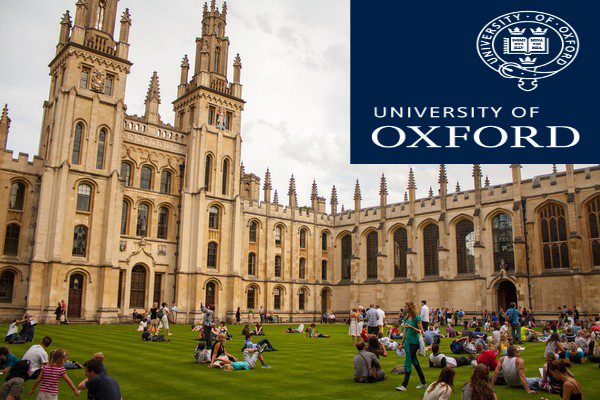
One of the obviously false claims that I most enjoy refuting appears in several forms. The crudest of them holds that religion and science are simply incompatible. A rational person cannot be both a theist and a scientist. It’s so obviously false, in that formulation, and so easily rebutted via numerous examples to the contrary, that there is very little satisfaction to be derived from shooting it down — over and over and over again. So the enjoyment occasioned by proving it false is shallow and short-lived, much like the pleasure to be derived from eating cotton candy.
However, the claim sometimes rears its goofy-looking head in a rather different guise. According to this variation, rational people can indeed be both theists and scientists, but they accomplish this almost impossible miracle by shutting their reason down when it comes to religious belief. They “compartmentalize” their minds. Rather in the manner of Dr. Jekyll and Mr. Hyde, they are reasonable when it comes to scientific matters, but quite unreasonable when “thinking” about theological issues. Many of them, in fact, are simply carrying on childishly with what they were taught when they were small, scarcely reasoning about it in any genuine way. They are pathetic and, from the superior vantage point of the enlightened atheist, to be pitied and condescended to — even if they happen to hold, say, a Nobel Prize in some science or another and even if the atheist is an anonymous internet poster with absolutely no scientific credentials or achievements to his name.
It’s difficult to see how such a complacently dismissive attitude fits someone like, say, the prolific Anglo-Irish writer Alister McGrath, with his current total of three Oxford doctorates — a D.Phil. in molecular biology, a D.D. in historical and systematic theology, and a D.Litt. in intellectual history. (See “Finding God through the history, philosophy of science.”) It seems implausible to suggest, especially in view of his many books on the subject, that he hasn’t given much thought to religion and science.
And I’ve just now come across another person who seems to deserve some future attention in this regard:
Father Andrew Pinsent (b. 1966) holds a first-class degree in physics and a D.Phil. in high-energy physics from Oxford, as well as three degrees in philosophy and theology from the Pontifical Gregorian University in Rome and a Ph.D. in philosophy from Saint Louis University. He is currently Research Director of the Ian Ramsey Centre for Science and Religion, which is part of the Faculty of Theology and Religion at the University of Oxford, as well as a Research Fellow at Harris Manchester College, Oxford, and an ordained Catholic priest. I’ll bet that he too has thought at least a bit about both science and religion, and about their relationship to each other. Just a hunch, of course. I could be wrong. Maybe he’s never really thought about anything at all.











